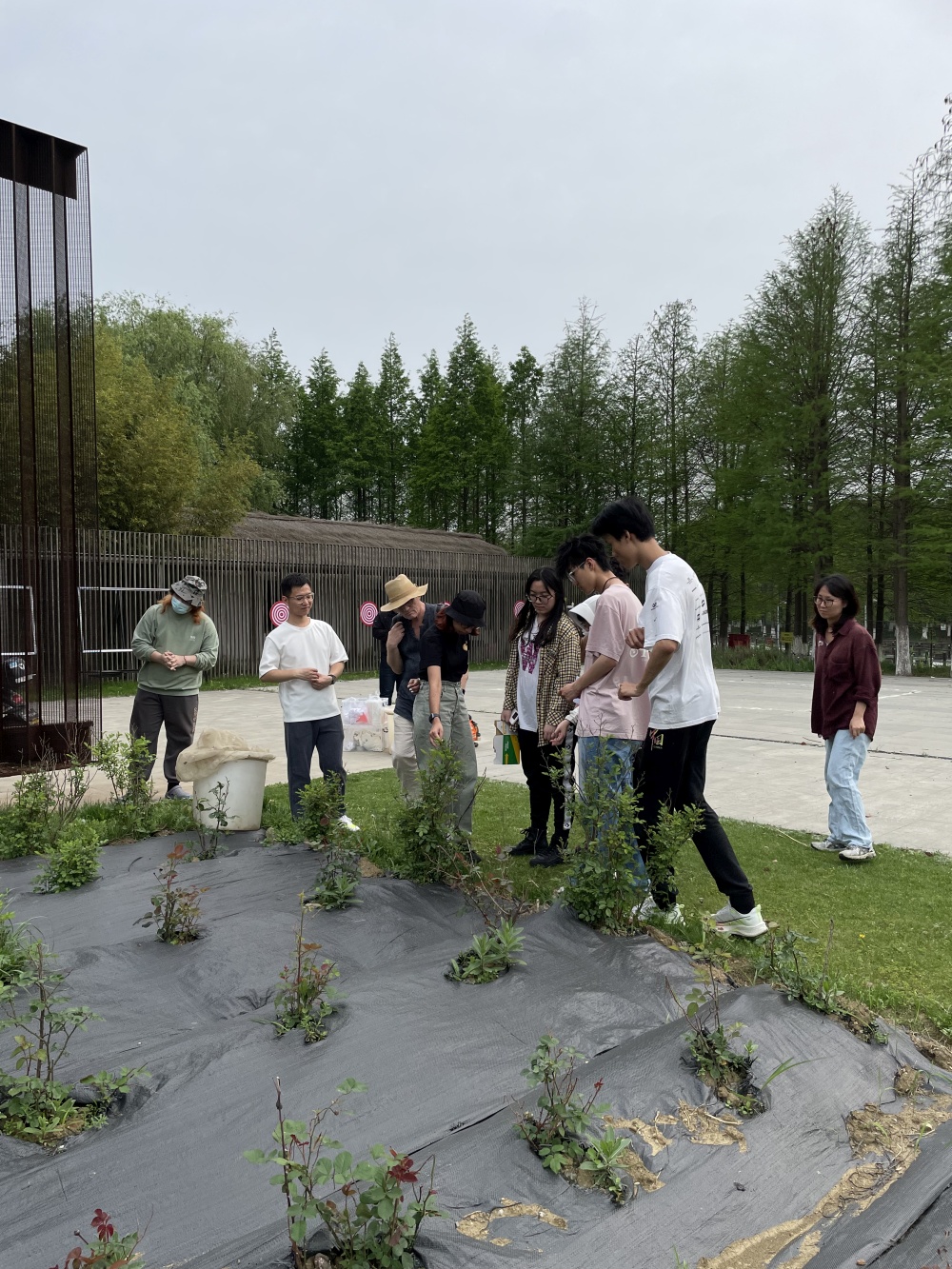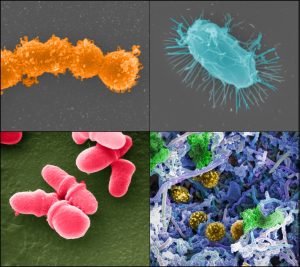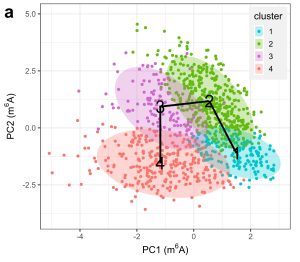Yuefengdao Ecology Station

All

- About
-
Labs and Spaces
- Suzhou Key Labs - 苏州重点实验室
- International Joint Frontiers Materials Frontier Research Lab
- Selenium Innovation Lab
- BIO Teaching and Research Labs
- Sci-iGEM
- Outdoor Research and Teaching Space
- AI4Health Suzhou Key Laboratory
- Suzhou Municipal Key Lab of Neurobiology and Cell Signaling
- Atmospheric Research and Teaching Observatory
- Suzhou Municipal Key Lab of Biomedical Sciences & Translational Immunology
- Suzhou Municipal Key Lab for Metabolic Syndrome Drug Research
- Suzhou Municipal Key Laboratory of Cancer Biology and Chronic Diseases
- Yuefengdao Ecology Station
- HES Teaching and Research Labs
- CHE Teaching and Research Labs
- Research
- Advanced Materials Research Center (AMRC)
- Global Partnerships
- Contact





Xi’an Jiaotong-Liverpool University Yuefengdao Ecology Station (XYES) is a field research station co-established by the Department of Health and Environmental Sciences (HES) and Yuefengdao Organic Farm. The station is located between Kuilei Lake and Yangcheng Lake, both water source protection areas.
China is undergoing rapid development and urbanisation, and there is an increasing focus on studying the economy, quality of life and environment. Several research centres at XJTLU have contributed to these studies.
Meanwhile, rural areas are also changing significantly due to a declining and ageing population, along with large changes in agriculture and land use. As the rural population decreases, farms are either expanding or being purchased by mega-corporations, which leads to intensification, mechanisation, and the prevalence of monocultures. Marginal farmlands are increasingly being abandoned.
These agricultural changes also bring environmental consequences. Large monoculture farms homogenise the landscape and cause a decline in biodiversity. These farms use more fertilisers than traditional crop farms and focus on high-value products such as aquaculture, which leads to an increase in chemical use.
These changes are not confined to rural areas. The poor water quality in Jiangsu province is largely due to aquaculture and the use of agricultural chemicals and fertilisers. Achieving food security while maintaining sustainable agricultural development has become part of China’s national strategy.
Organic farming is a way to provide a sufficient food supply sustainably. It also represents significant cultural and natural values and enhances tourism potential. However, there is a lack of comprehensive studies that integrate agricultural, social, cultural, and natural perspectives.
Yuefengdao Ecology Station offers an opportunity to study the current multifunctionality of rural areas and their environmental changes. It aims to initiate an innovative interdisciplinary research programme in China that documents these changes and develops an understanding of the relationships between these changes and their drivers.
HES and Yuefengdao Organic Farm have been cooperating for many years. They jointly released numerous research outputs, such as the “Bird Diversity Survey”, and officially signed a memorandum of understanding on field station construction. As the School of Science’s first field station, it will serve various functions, including environmental monitoring, teaching practices and public science education.